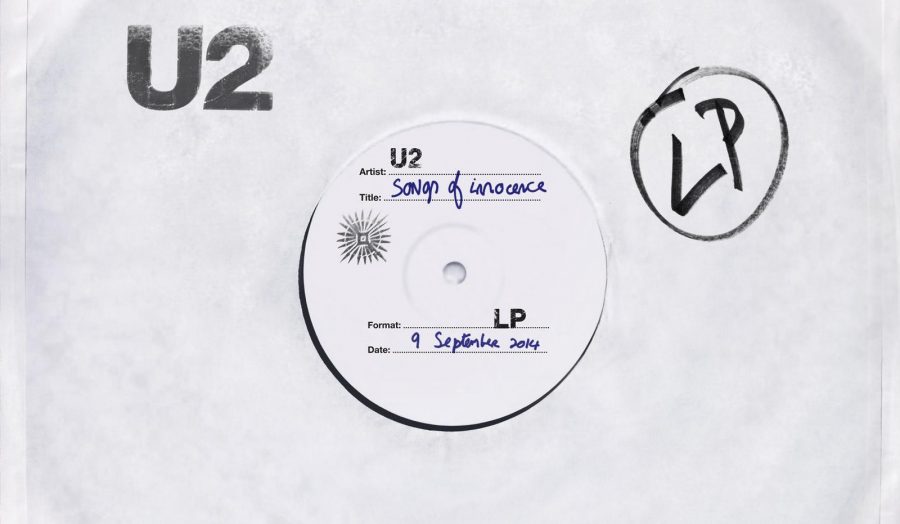U2 album not invasion of privacy
September 18, 2014
On many listeners’ Apple devices, there is a new U2 album waiting to be enjoyed. But if the 11-song album is already downloaded to their iTunes libraries without their consent, is this an invasion of listeners’ privacy?
Unfortunately, the 500 million people who received the album, titled “Songs of Innocence,” had no choice but to deal with it when Apple automatically put it into their iTunes libraries on Sept. 9. Although all users were able to see an advertisement on the iTunes homepage for “Innocence,” not all users received it. And for those who got the album, more confusion was created because the album was automatically placed into listeners’ iTunes libraries and iClouds, but not onto listeners’ devices.
Apple’s decision to innocuously flood its customers with “Innocence” does not invade privacy because the company did not take any personal details for its own use, collect customer data or hijack playlists. It simply placed a U2 album in listeners’ iTunes libraries without any previous warning.
This addition was certainly a bit unsettling — users are accustomed to choosing for themselves which songs they download. The immediate reaction of the hundreds of millions of iTunes users was not one of enthusiasm.
Downloading “Innocence” turned into a game of anxious tapping around on Apple devices, because the album was already hidden in plain sight. The sudden inability to locate where an entire album was on a listener’s device proved discomforting for many people.
Removing the album is no easy task either. According to a set of instructions released by Apple on Sept. 15, users must launch the iTunes application via a specific link and then follow the instructions to remove the album. Although the removal process is only four steps long, Apple does not make getting rid of “Innocence” as easy as it should be.
Still, it was not an invasion of privacy. It is a marketing ploy hidden under a musical visage, a way to support one of Apple’s frequent collaborators and allow Apple to take the throne of another industry — it is not a scheme to breach their customers’ privacy. Apple would not have made this decision if it believed it would be alienating its customers. If this were a true breach of privacy, Apple would be smart enough to not deploy its scheme using an internationally popular band and over 500 million people.
Apple’s decision to spend millions on U2’s newest album and give it away for free may seem like a reckless choice and a colossal waste of money — Apple reportedly lost $100 million — but it should be seen as a power move for the tech giant. No other technological company is wealthy enough to take such a risk, and this places Apple not only at the head of the tech world, but further ahead in the music industry too.
A version of this article appeared in the Thursday, Sept. 18 print edition. Email Audrey Deng at [email protected].
























































































































































